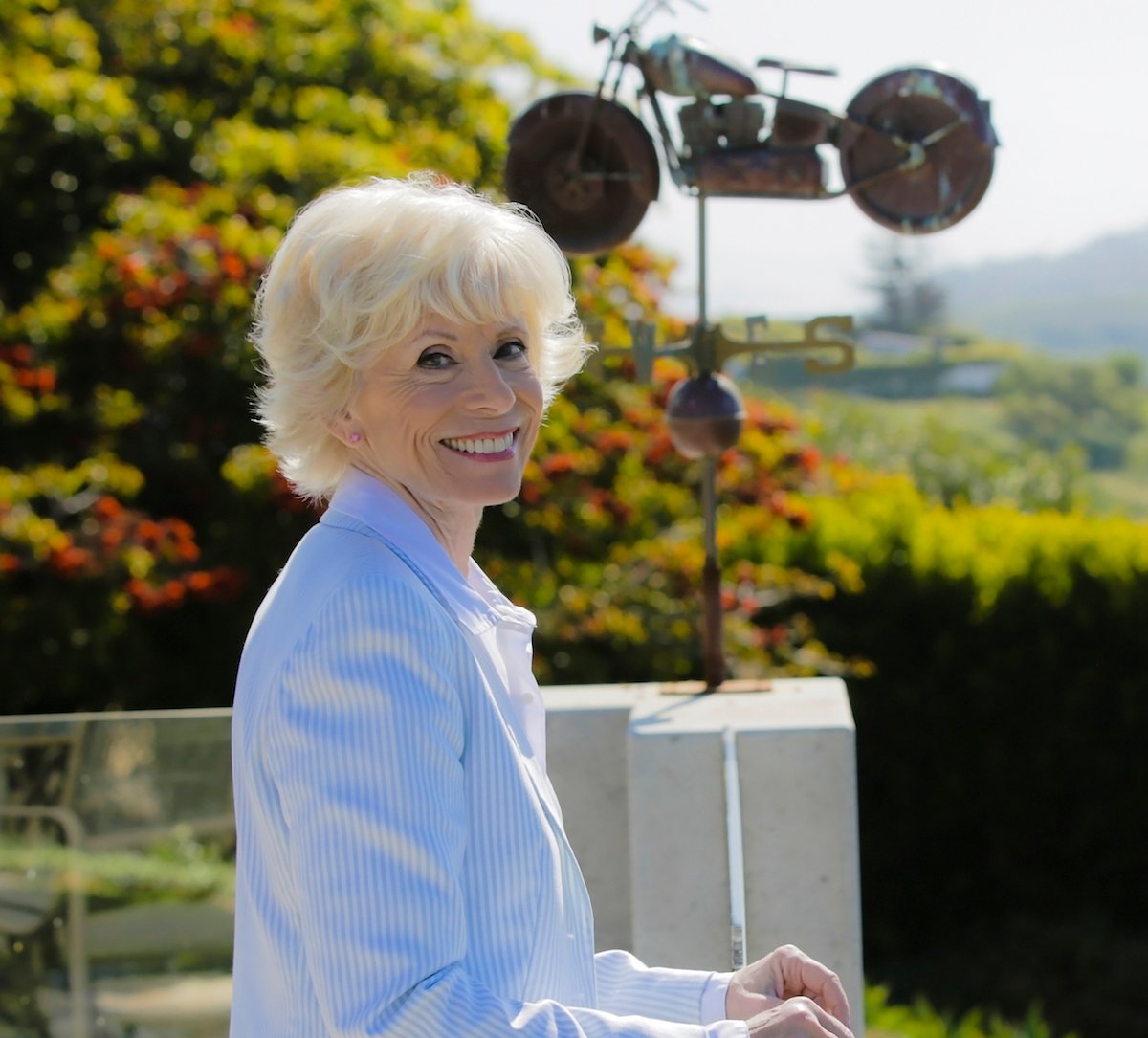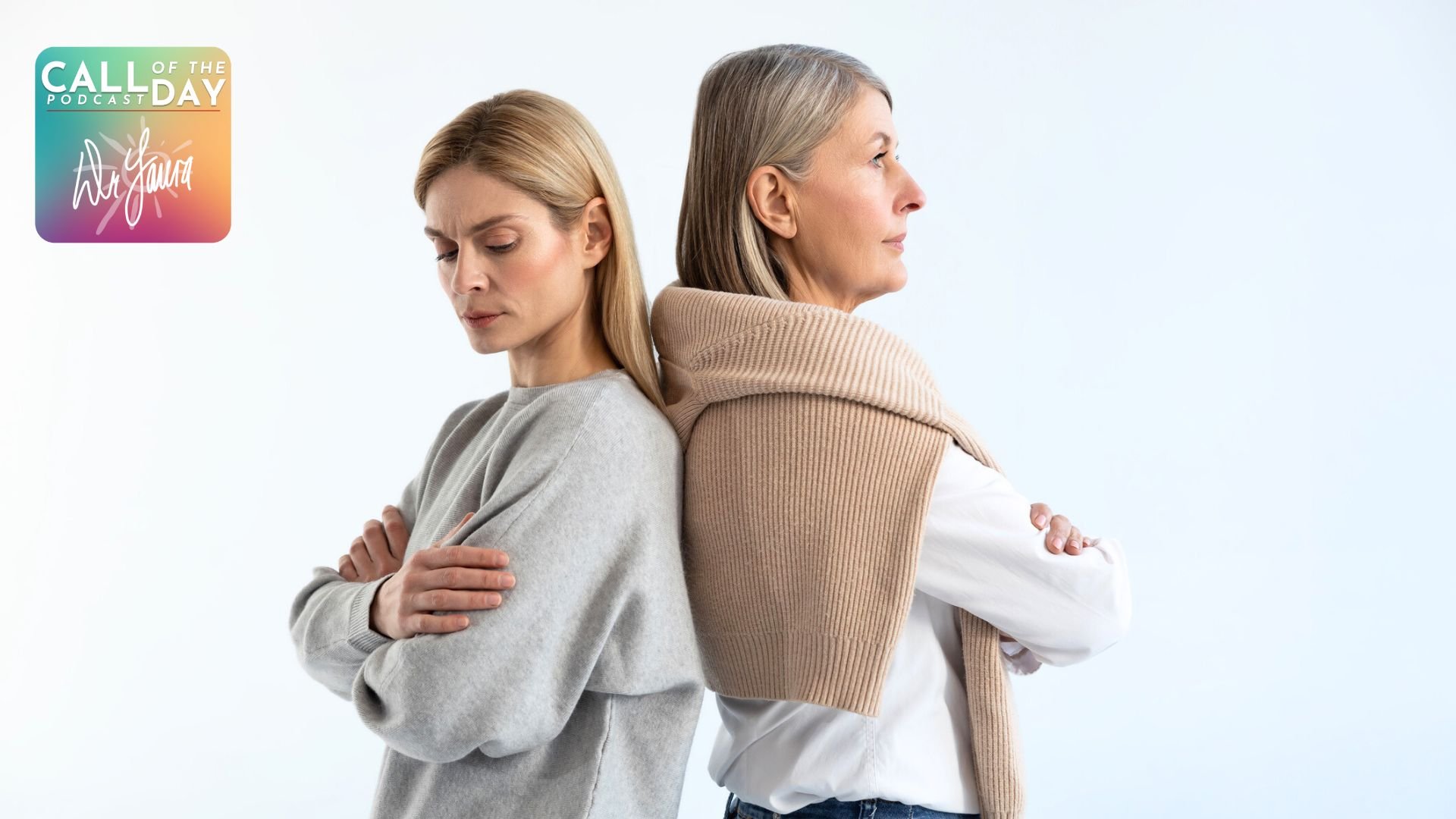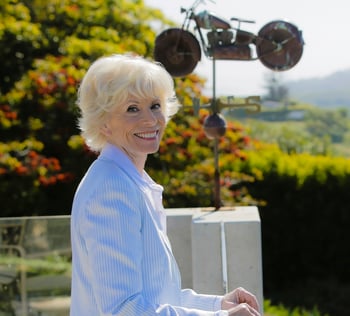A few weeks back, a young woman in her twenties called in about her serious issues with anger. She and her partner would barely start a conversation and she would already be angry and screaming and throwing things or hitting him. It was out of control.
🔊 Click Play to Listen to this Blog
“The second you get that intense feeling of rage, I want you to jump up and down 10 times and say, ‘I love you,’” I told her.
I'm sure a huge portion of listeners who heard that thought to themselves, “That must be one of the dumber things that Dr. Laura has offered. Who's going to jump up and down in front of the person they’re mad at, then say, I love you? That's just silly.”
The young woman proved them wrong. She called back to tell us she jumped 10 times, said, ‘I love you,’ and they had a great conversation afterwards. It takes not protecting yourself and not thinking of yourself first to break through.
Kelly Gonsalves’ article, “The One Question That Can Change All Your Fights For The Better,” on Fatherly’s website touches on a simple concept that I’ve discussed often on my show.
“Of all the skills it takes to nurture a successful and functional relationship, knowing how to navigate conflict well is among the most vital,” Gonsalves writes.
Take Care of Your Partner
“One of the most helpful tools for dealing with this problem is asking yourself one simple question as soon as a conflict flares up: How do I take care of my partner in this moment?” Gonsalves says.
I was a frequent guest on The John Davidson Show forty years ago. We would act out situations, and I created a specific scenario where he and I played a married couple. Our disagreement over a task was supposed to get heated.
“Okay, let's stop here. We're both getting mad, which means we're thinking of ourselves, and we're not thinking of each other,” I said, in character. “Let's pretend we're both attorneys. I'm a lawyer and I have to defend your position against mine. And you're a lawyer who has to defend my position against yours.”
In the midst of this large audience, I was defending him while he was defending me. It took him a moment to wrap his head around this scenario because we don’t think like this when we're upset.
I brought up all his points while defending him. “To be fair, sweetie, you were tired, and I picked a bad time for this discussion because I was impatient. I feel stupid now that I've said this. If you did that to me, I'd be very, very upset,” I said.
Then it was his turn. “Well, I did promise to do this and kept putting it off. I can understand why you would get a little feisty about it,” he said.
We both came to an agreement afterwards that the task would be done tomorrow, and he would take charge of it. That's how you take care of it. You think of the other person's side and ask yourself, how do I take care of them?
Affectionate Touch Is Everything
“Studies have found that small gestures of affection like hugging or holding hands during a conflict can make both people feel less reactive, more connected, and more able to communicate effectively,” Gonsalves writes.
When we use affectionate body language in the face of conflict, it reminds us that we are bonded. It's harder to be sarcastic, petty or impatient when the two of you are holding hands while talking.
Think to yourself how much you care about him or her. By doing so, you're showing the other person that their point of view matters to you, whether you agree with it or not.
The Dr. Laura Call of the Day Podcast















